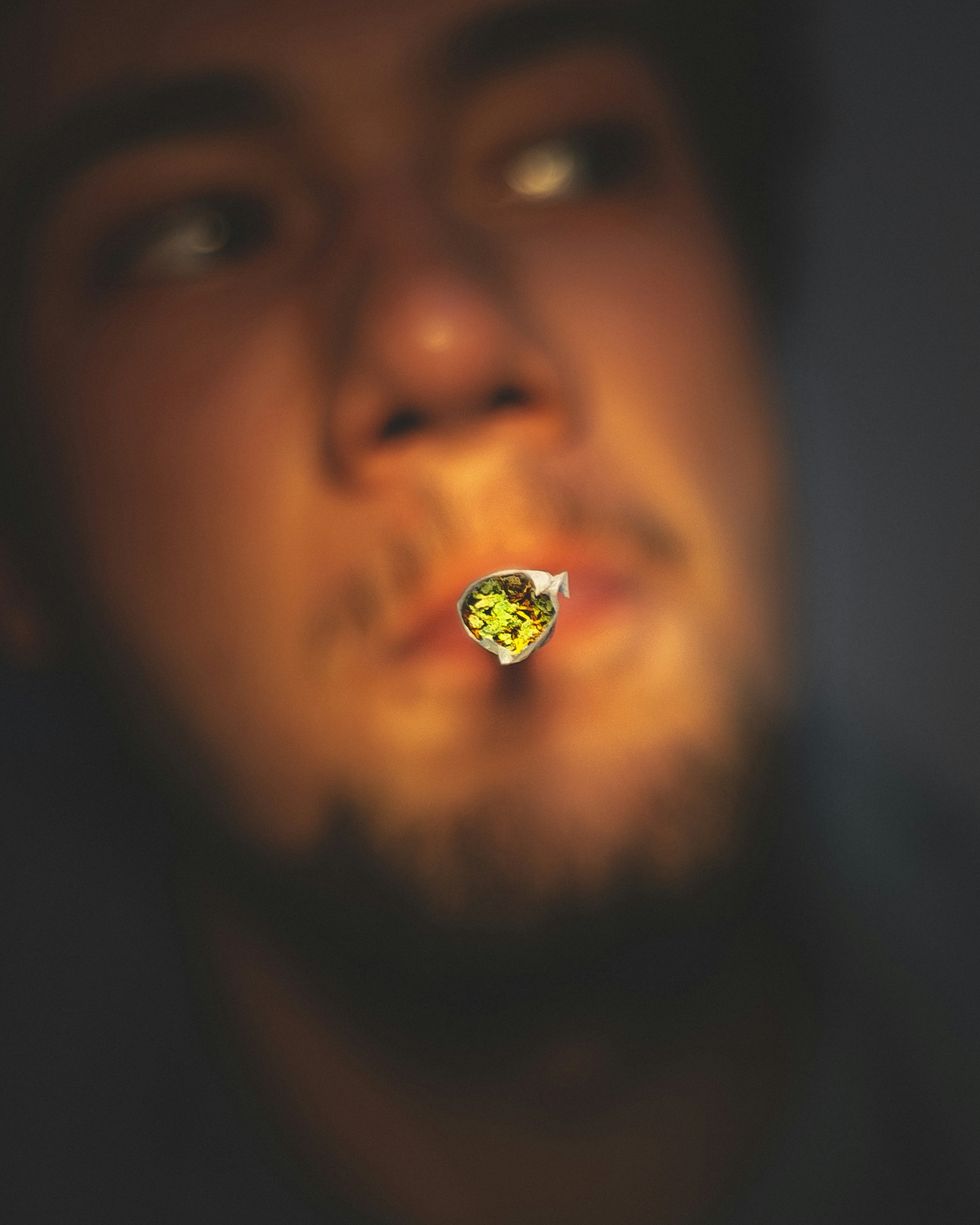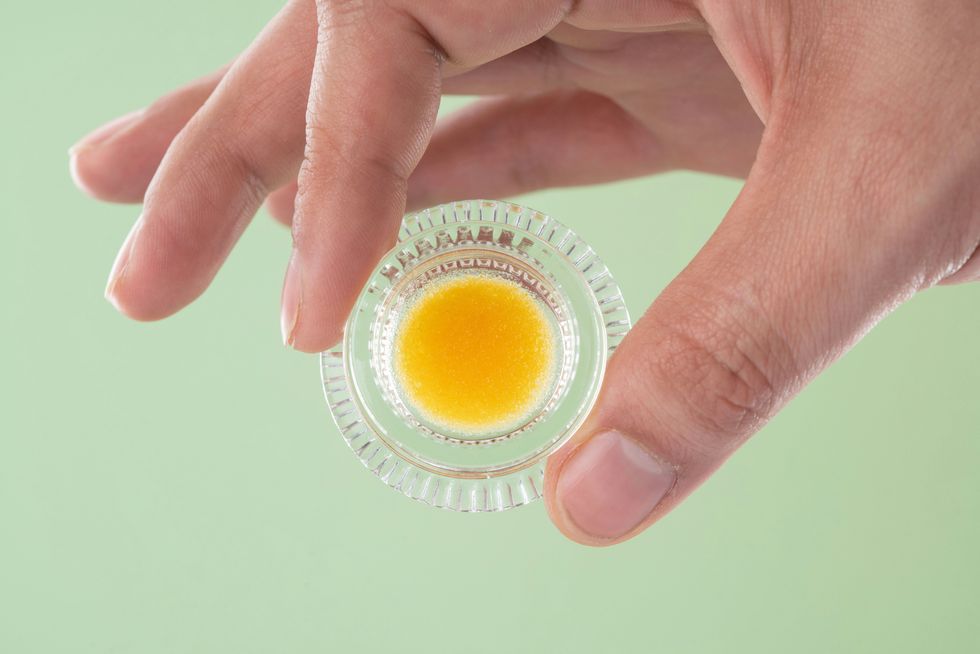The U.S. Department of Defense (DoD) has earmarked $9.8 million for pioneering research into the therapeutic potential of psychedelics, specifically MDMA, for active-duty service members grappling with post-traumatic stress disorder (PTSD). This initiative underscores a significant shift in military mental health strategies, acknowledging the pressing need for innovative treatments amid rising concerns over service members' well-being.Latest news & breaking headlines+1Military Times+1
Breaking Down the Investment
The funding is divided into two equal grants of $4.9 million:Military Times
- Walter Reed National Military Medical Center: Set to conduct a double-blind, placebo-controlled trial, this study will administer MDMA to active-duty Army personnel diagnosed with mild to moderate PTSD. The primary objective is to assess how MDMA influences psychological flexibility, a key factor in effective PTSD treatment. Leading this research is Major Aaron Wolfgang, head of Inpatient Psychiatry at Walter Reed, who has previously contributed to comprehensive reviews on MDMA-assisted therapy. Military Times+1Latest news & breaking headlines+1
- Emory University and STRONG STAR Consortium: Collaborating with the University of Texas Health Science Center at San Antonio, this partnership will explore MDMA-assisted therapy's efficacy in treating PTSD among active-duty troops. STRONG STAR is renowned for its focus on combat-related PTSD research, making it a pivotal player in this groundbreaking study.
A Historical Perspective
This endeavor marks the first sanctioned investigation into MDMA's therapeutic applications for PTSD within active-duty military personnel. Historically, the U.S. government's engagement with psychedelics in military contexts has been controversial, often associated with unauthorized experiments during the mid-20th century. This contemporary research signifies a departure from past practices, emphasizing scientific rigor and ethical standards.
The Broader Context: Veterans and Alternative Therapies
While the DoD's commitment to exploring psychedelics is a progressive step, it occurs against a backdrop of governmental resistance to alternative treatments for veterans. Efforts to expand access to cannabis and psychedelics for medical purposes have faced legislative hurdles. For instance, amendments proposing research into psilocybin and MDMA for PTSD and traumatic brain injury were recently rejected, leaving many veterans without access to potentially life-changing therapies.

The Imperative for Innovative Solutions
The urgency for effective mental health interventions in the military community cannot be overstated. Studies have shown that women veterans are 1.8 times more likely than their civilian counterparts to commit suicide, highlighting the critical need for comprehensive and effective treatment options.
The DoD's $9.8 million investment in psychedelic research represents a hopeful development in addressing the complex mental health challenges faced by service members. As these studies progress, they hold the potential to reshape treatment paradigms and offer new avenues for healing to those who have served.














 High-THC Weed Explored - The Bluntness Photo by
High-THC Weed Explored - The Bluntness Photo by  High-THC Weed Explored - The Bluntness Photo by
High-THC Weed Explored - The Bluntness Photo by  High-THC Weed Explored - The Bluntness Photo by Maria Fernanda Pissioli on Unsplash
High-THC Weed Explored - The Bluntness Photo by Maria Fernanda Pissioli on Unsplash 
 Union Square Travel Agency: A Cannabis StoreWill Ellis
Union Square Travel Agency: A Cannabis StoreWill Ellis The Flower Lounge at Union Square Travel AgencyWill Ellis
The Flower Lounge at Union Square Travel AgencyWill Ellis Union Square Travel Agency's New Dispensary Opens on BroadwayWill Ellis
Union Square Travel Agency's New Dispensary Opens on BroadwayWill Ellis Union Square Travel Agency designed by Leong LeongWill Ellis
Union Square Travel Agency designed by Leong LeongWill Ellis Union Square Travel Agency: A Cannabis Store designed by Leong LeongWill Ellis
Union Square Travel Agency: A Cannabis Store designed by Leong LeongWill Ellis Union Square Travel Agency gives 51% of proceeds to The Doe FundWill Ellis
Union Square Travel Agency gives 51% of proceeds to The Doe FundWill Ellis

 Grateful Dead's Jerry Garcia
Grateful Dead's Jerry Garcia Scene from Reefer Madness
Scene from Reefer Madness  Getting high w/ Awkwafina
Getting high w/ Awkwafina